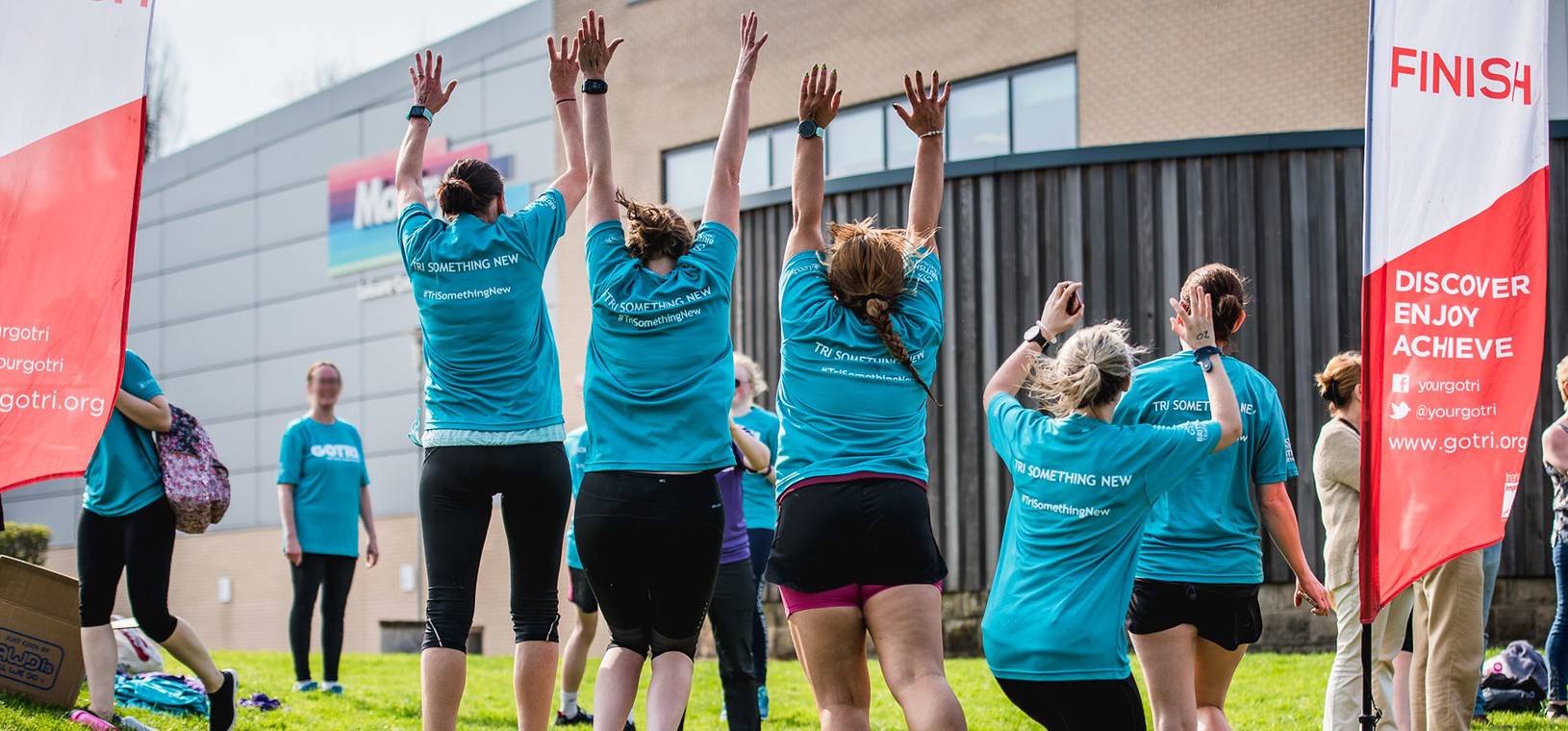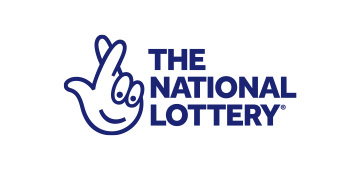Helping grassroots sport and physical activity recover from the social and economic effects of the coronavirus pandemic and investing time and resources into tackling the key challenges of the next decade are the cornerstones of Sport England’s new long-term strategy.
- 10-year vision for grassroots sport and physical activity launched at critical time
- £50m of additional support committed to helping sport recover from Covid-19 and returning to play in 2021
- Major challenges of the next decade identified to make being active an essential part of everyone in England
The strategy, called Uniting the Movement, runs through to 2031 but is most immediately focused on helping the people and organisations who deliver grassroots sport and physical activity to cope with the massive pressures brought by the Covid-19 pandemic.
An additional £50m is being made available specifically to support this network in 2021, adding to the over £220m Sport England has already invested through National Lottery and Exchequer funding since last March in responding specifically to the Pandemic, helping the sector and ecosystem it supports.
Further work will be done to understand where to best target this additional investment to ensure that as many clubs, organisations and people who help the nation to be active are helped, but a particular emphasis will be placed on supporting children and young people get back involved in sport and activities with confidence.
The strategy also identifies the longer-term challenges of the next decade, which were important before coronavirus reached the county, but are now crucial. At its heart it seeks to tackle the long-standing inequalities that have existed within the sport sector and been reinforced by the recent disruption. The strategy identifies that for certain people – like disabled people, people from lower socio-economic groups and people from Black and Asian backgrounds, there is a clear pattern of low levels of activity and so there will be a sharp focus on providing more opportunities for those who are being left behind.
There is also a clear picture of the importance of different types of investment and support, with an emphasis on looking for new and innovative ways to increase participation, such as better use of technology and data.
Specifically, over the next decade Sport England will focus its time and resources on three key areas.
- Advocating for movement, sport and physical activity
While investing National Lottery and Exchequer money will always be an incredibly important part of Sport England's role, over the past five years it has become much more than a funder. It will therefore build on its award-winning behavioural change campaigns, like This Girl Can and Join the Movement and seek to become world-leaders in this area. It will also continue to invest more in its highly respected insight and research to help keep the nation active.
- Creating the catalysts for change
Sport England will invest in improving the skills and capabilities its partners need to make progress possible and drive forward reforms that make the sector more reflective of the country it serves. This includes investing and supporting areas like high quality data, innovation and digital and continuing to drive forward reform in sports governance. Alongside UK Sport, Sport England is currently reviewing the Code for Sports Governance with initial findings and recommendations due in the coming months.
- Joining forces on five big issues
As a result of 18 months of extensive consultation involving thousands of people and hundreds of organisations, Uniting the Movement identifies the five big issues that present the biggest opportunities to build a more active nation. The strategy sets out what areas within each that Sport England intends to focus on, alongside its partners, these are:
- Recover and reinvent: helping sport and physical activity to recover from the far-reaching effects of the coronavirus pandemic and reinventing as a sustainable network of organisations providing opportunities for everyone. This support will be informed both by the specific financial challenges facing partners as well as the insight collected through our in-depth research projects, allowing support to be targeted where it is most needed and where the greatest opportunities are.
- Connecting communities: focusing on sport and physical activity’s vital role as part of the fabric of the nation and its ability to make our communities better places to live and bring people together.
- Positive experiences for children and young people: an unrelenting focus on putting enjoyment at the heart of the experiences of children and young people’s involvement in sport and physical activity, recognising that this is the foundation for a long and healthy life.
- Connecting with health and wellbeing: strengthening further and better than ever before the connections between sport, physical activity, health and wellbeing, so more people can feel the benefits of an active life.
- Active environments: maximising many of the lessons that the pandemic has brought, identifying our role in creating and protecting the places and spaces that make it easier for people to play sport and be active in their local areas.
The strategy identifies how each of these challenges will be addressed. It will be supplemented by a detailed one-year action plan published shortly, followed by a three-year action plan once current uncertainty passes.
Nick Bitel, Sport England Chair said:
“Sport England is determined that, led by this strategy which is the result of 18 months of in-depth consultation, we will unlock the advantages of sport and physical activity and truly make it a normal part of life for everyone in England, no matter what their background.
“It recognises the enormous challenges of the past year but seeks to make certain that we do everything possible to ensure that investment and resources reach the people and organisations who need it most so together we can change lives for the better right across the country.”
Tim Hollingsworth, Sport England CEO said:
“This strategy comes at a critical time. Alongside of the National Lottery and government, we have made significant funding available, but many organisations are struggling, and activity levels have taken a significant hit. But amid all that challenge and uncertainty, we believe there are also enormous opportunities to fast-track the role sport and physical activity plays in helping people to live happier, healthier lives.
“With a short-term focus on helping sport to recover from the ongoing challenges of the pandemic, this strategy identifies the other major issues that for the next decade will be a priority. At the heart of all this is a ruthless focus on providing opportunities to people and communities that have traditionally been left behind, and helping to remove the barriers that stop them from playing sport and being active.
Nigel Huddleston, Sports Minister said:
“Sport and physical activity are essential for our health and wellbeing and in helping bring communities together.
“The Government is placing sport and physical activity at the heart of its coronavirus recovery plan, and Sport England’s new strategy provides a strong base to invest in sports organisations, facilities and people, and to understand the success of that investment.
“The sector has responded to the significant challenge of keeping people active, with the support of parents, teachers and coaches and I am confident they will continue to drive up activity levels, help to tackle obesity, and build the foundations for both young people and adults to have more active lives”.














